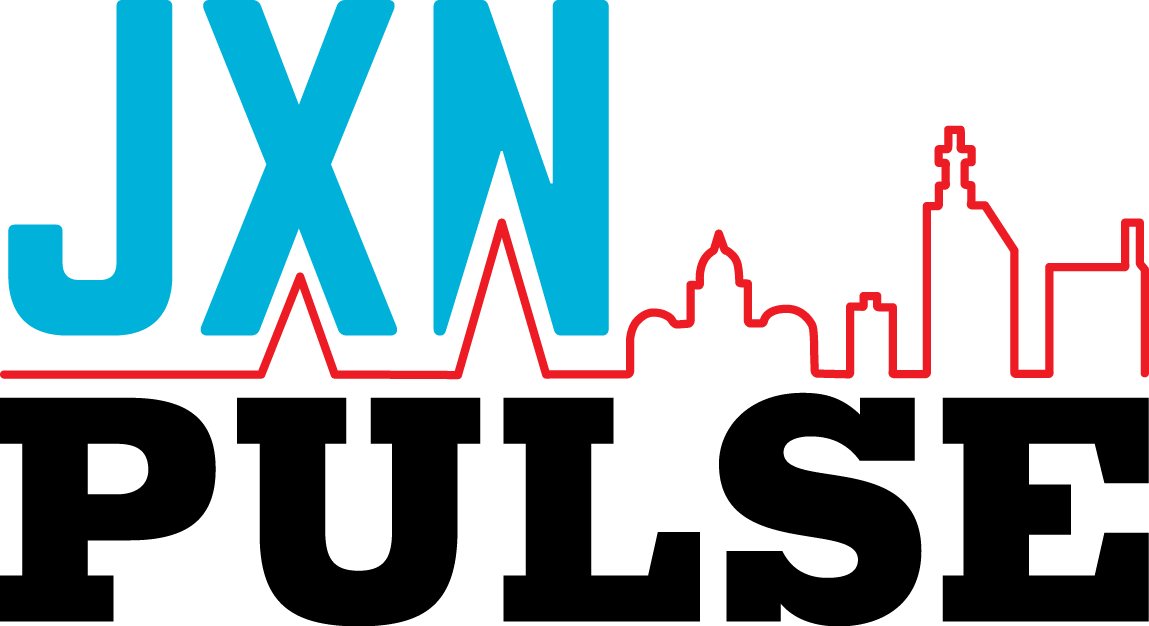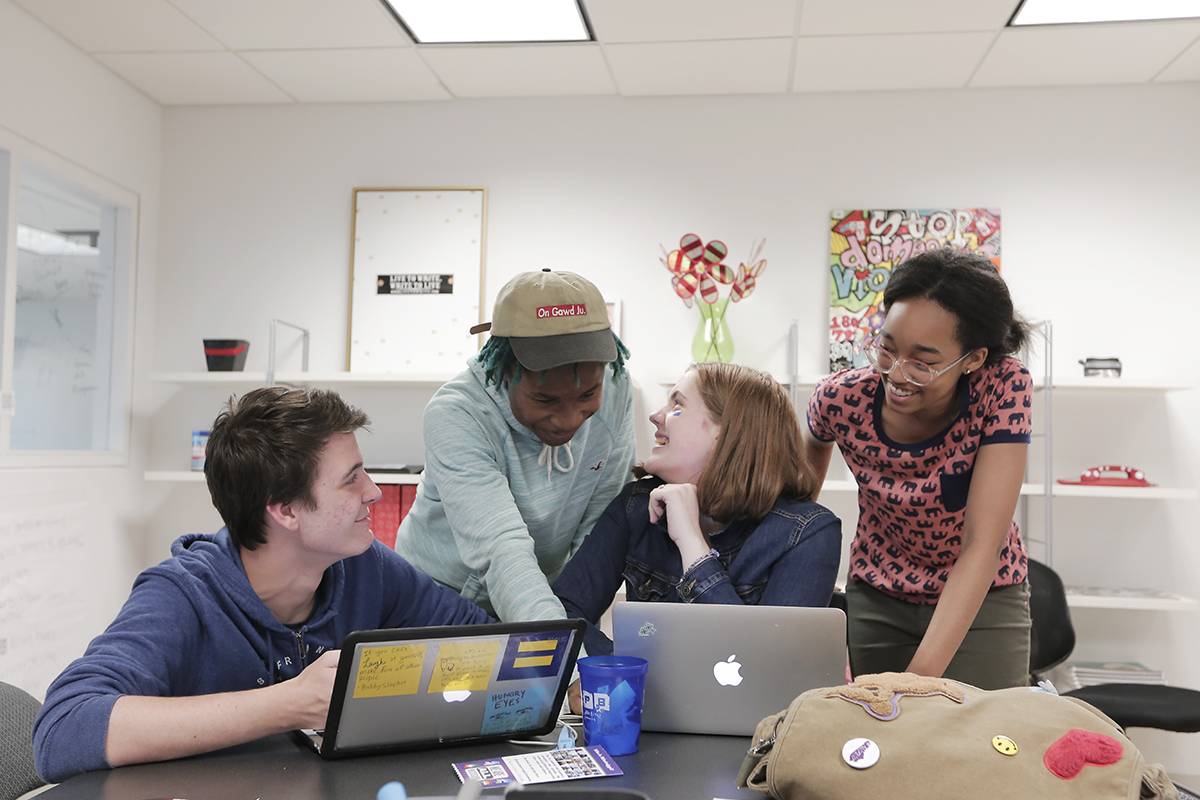[gdlr_frame type=”rectangle border” background=”#b89f80″ align=”left” caption=”Photo Courtesy Imani Khayyam”] [gdlr_image_link type=”image” image_url=”https://www.jxnpulse.com/wp-content/uploads/2017/06/Chole_Bishop_Ik.jpg” alt=” ” link_url=”https://www.jxnpulse.com/wp-content/uploads/2017/06/Chole_Bishop_Ik.jpg” target=”_blank” width=”270px”][/gdlr_frame]
by Chloe Bishop
Every black community has that white person who comes in, looks around the place and decides that they are going to “save the youth” or “fix the community.” Some people call this the “white savior complex.” My definition is a white person who thinks they are helping black people, but are trying to put themselves in a power position or doing it to get bragging rights.
Now do not confuse this person with someone who is genuinely just trying to help. That person will not go over the top with causes such as “Black Lives Matter.” They know when to step back and let people have their cause. Good white allies know how to draw the line and recognize a few things about themselves.
The article, “Code for Ethics for Antiracist White Allies,” lays out the first few things a white ally should do: recognize their own privilege, develop connections and accountability, and take criticism from African Americans. Following this “code” can help an ally avoid the white savior complex.
I wouldn’t want a white person to come into my community and try to fix things just to benefit themselves. Black people have feelings, and we are not things that should be pitied. When you come to our broken areas and say, “Oh, I’m going to clean everything up and just do everything for you,” that is not helping. If you were to say that to me, I would feel insulted. You may not see it as a problem, but you are doing more harm than good. Another clue is when white people promise to “give” us a voice instead of helping African Americans use our voices.
When we do use our voices, you need to step back and let us take the wheel. If a black person offers constructive criticism, don’t take offense and be open to changing the way you do things as an ally. That is the difference between white saviors and white allies. Good allies are not trying to take up the whole black struggle as their own thing but instead help with the movement and move out of the way when help is no longer needed.
My other advice is to read articles like Janice Erlbaum’s “Confessions of a Former White Savior,” “My understanding of the girls’ slang did not translate into understanding of their experiences. Looking back, I can see that I was condescending, micro-aggressing, and ‘othering’ all over the place—not just to the girls, but to other staff members, too,” Erlbaum wrote.
Drick Boyd’s “White Allies in the Struggle for Racial Justice” will help show what a white ally really does. “Although most Whites are less likely to participate in ‘active racism’ they still engage in ‘passive racism,’ which is often seen in the conscious and unconscious failure of Whites to confront or call attention to discriminatory acts…,” he writes. That is, be willing to call out bigotry when you see it and to talk to other white people about racism.
It wouldn’t hurt to ask the people that you are “helping” for their perspective or their thoughts on your methods. Meaning well isn’t enough.
White saviors, it is not impossible to change. All this young black girl is asking is that you let black people have our voices because I know you wouldn’t want us to do the same thing to you.
Chloe Bishop, 15, is a sophomore at Murrah High School.

